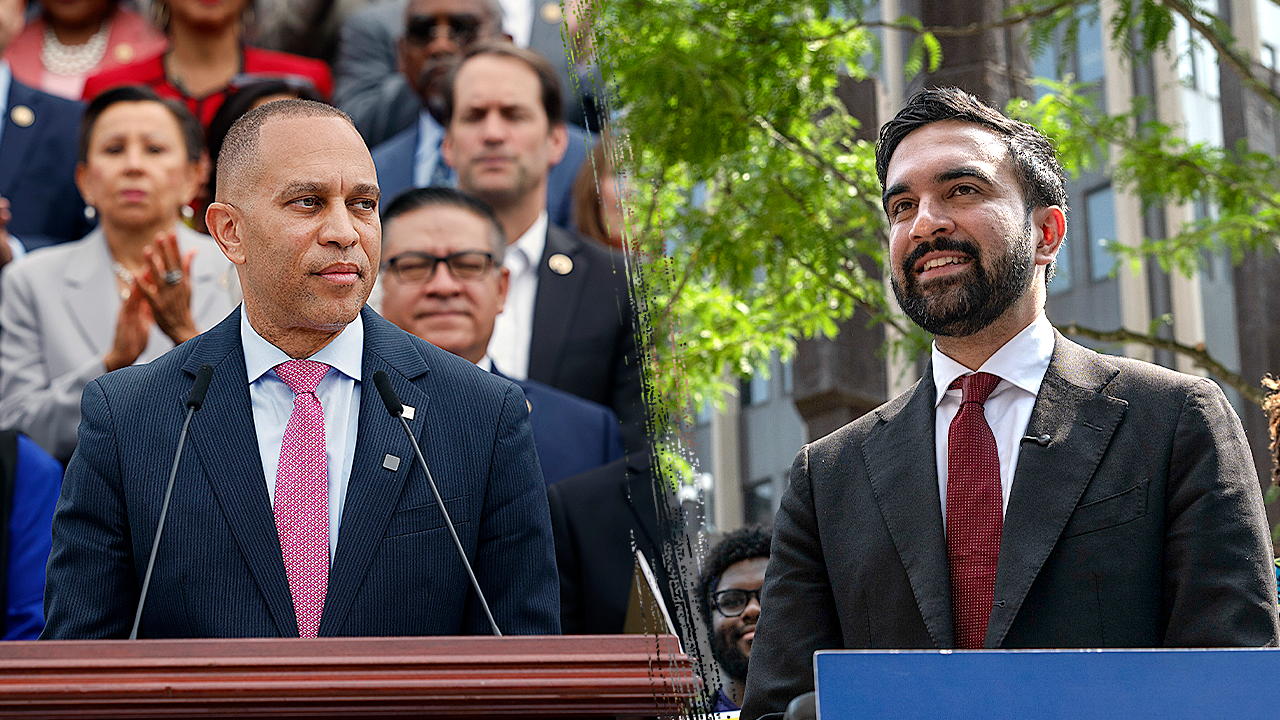Buddy fees are taking a toll on Gen Zs and millennials.
Having chums comes at a high cost for frugal 20-somethings, and their millennial counterparts, who can ill afford splurging on social outings, but would rather spend the dough than face loneliness and FOMO — the fear of missing out — according to new jaw-dropping data.
“While three out of five young adults admit social spending affects their financial goals, 69% still prioritize in-person connection with friends at least weekly,” revealed researchers of “The Friendship Tab” survey, commissioned by Ally Financial, an all-digital bank.
The money mavens polled 1,000 Zoomers and millennials ranging in age from 18 to 44, and dissected their spending habits to better understand “the financial consequences of friendship.”
To eye-popping surprise, people spend around $250 every month on activities with friends, per the findings, which also noted that men and women typically shell out a staggering $1,775 and $1,250, respectively, on fun in a six-month time period.
It’s a scourge of our time.
For young adults today — an era plagued by tariffs, inflation and $20 cocktails — blowing one’s budget in order to maintain meaningful connections is basically a damned if you do, damned if you don’t conundrum.
Investigators for Ally found that 42% of study respondents routinely “overspend” on buddy-activities, such as bar hopping and birthday bashes, throughout a year.
But they’re expenses some fear they can’t, emotionally, afford to skip.
A shocking 20% of Gen Zers and millennials claim financial or lifestyle differences contributed to the falling out of a friendship.
More alarmingly, approximately 24% report feeling anxious about financial differences with their comrades, and 22% report often having anxiety when they’re not sure they can afford a group activity.
The analysts also determined that 17% of youngsters often feel compelled to lie about their means, while nearly 25% blame the troubled economy for making it hard to hang out with their homies.
Still, generations Y2K and Z are willing to pay to play.
And although those recurring indulgences — nights on the town and splashy celebrations — postpone financial milestones, like paying off student debt or buying a home, roughly 25% of participants admit they’d rather be fundless than friendless.
It’s a high-rolling effort toward avoiding the pangs of loneliness, also known as the “alone virus,” which the World Health Organization (WHO) has deemed a “pressing health threat” on par with smoking 15 cigarettes a day.
Gen Z and millennial men in the US were recently identified as some of the most lonely demographics in the world, according to a Gallup poll. The results determined that one in four American men under 35 feels more isolated than their peers in other countries — including France, Canada, Ireland and Spain.
So, to sidestep severe solitude, guys (and gals) are dipping deep into their savings.
Maria Stevens, a content creator and self-crowned “chronic over-sharer,” made light of the friends vs. finances quandary online.
“Realizing having adult friends is extremely expensive, and it’s in your best interest to become an introvert,” the distressed brunette joked in the closed captions of a TikTok clip, which features her rocking back and forth in anguish.
But Jack Howard, head of Money Wellness at Ally, assures that the internal battle between breaking the bank or missing out on social events doesn’t have to be so traumatic.
“FOMO is real and can lead to overspending that harms our financial well-being,” Howard said in a statement.
Rather than making fear-based sacrifices, he suggests being honest about your limitations.
“Be open with your friends if you can’t swing that brunch or birthday trip,” encouraged Howard. “You might be surprised to learn they’re in the same boat.”
“Discussing money openly with friends can help dismantle the shame around financial struggles,” he added, “and is a great way to explore affordable ways to spend time together.”
“Plus, the ultimate BFF is someone who respects your relationship with money.”
Read the full article here
















